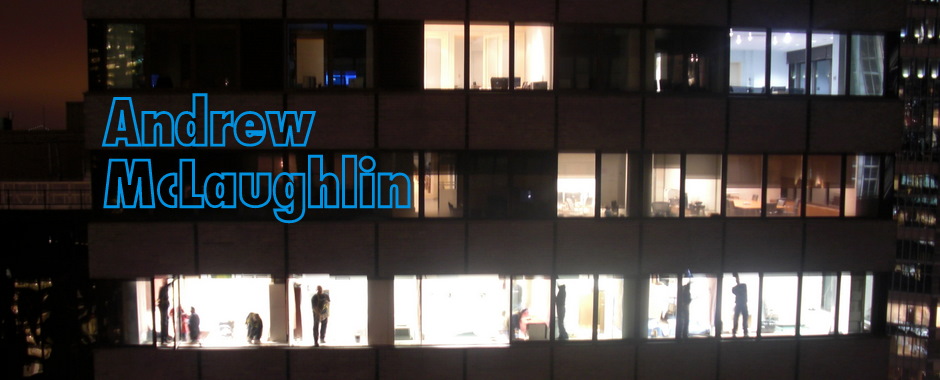From 2012: Keynote at the Library Technology Conference
Wild, I just discovered that a video exists of a 2012 keynote talk I did at the Library Technology Conference, which ran annually from 2009-2019, at Macalester College. It was a fantastic event — one of the most joyfully nerdy crowds I’ve ever encountered (and I’ve been to numerous IETF meetings, competed in several MIT Mystery Hunts, and even attended one ValleyCon, the annual fan festival hosted by Fargo’s own Red River Science Fiction and Fantasy Club, when I was around 14).
The talk itself now reads as a snapshot of tempered-but-not-yet-cynical Internet optimism circa 2012 — non-delusional, but overly positive about the macro benefits of disintermediation, decentralization, and lightly-moderated speech platforms, and blind to the coming tsunami of rancor, distortion and radicalization powered by attention-monetizing social media. The camera didn’t capture my visuals as I spoke, but the Prezi is still online here.
Keynote by Andrew McLaughlin at 2012 Library Technology Conference, Macalester College.

